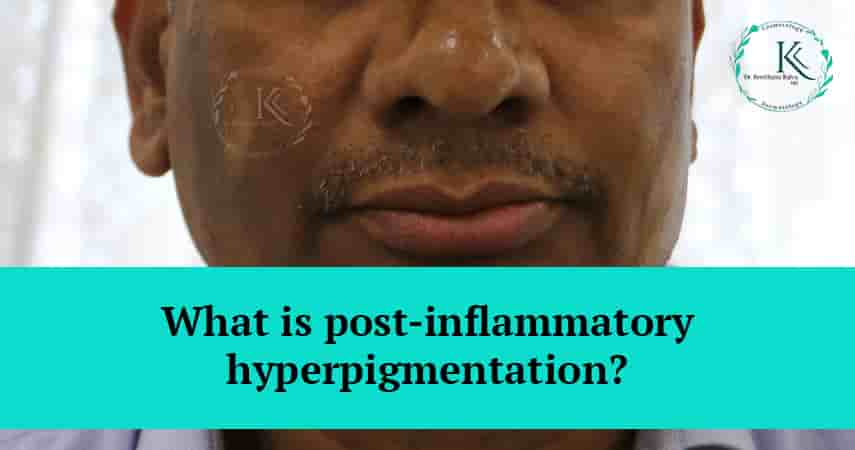Skin is the most sensitive part of the body which acts as a protective barrier for the internal organs against various environmental factors. However, it also means that skin is the most exposed body part to the external factors. Regular skin care is a must to maintain its health.
Amongst many other skin problems, Hyperpigmentation is a common skin concern for many. It occurs when the skin produces more melanin. Melanin is the pigment that is responsible for providing color to the skin. In this skin condition, patches of skin appear darker. Another condition associated with this process is post-inflammatory hyperpigmentation. PIH occurs when a skin injury or inflammation has left the skin darkened and discolored after the wound has healed. So, it is a type of hyperpigmentation that appears as flat spots of discoloration.
All skin types can be affected with PIH but this is more prevalent in darker skin tones. These marks usually appear after an injury heals and this condition can be distressing as it hampers a person's appearance.
Causes of Post-inflammatory hyperpigmentation
PIH develops when a wound or irritation causes the skin to become inflamed. As the healing procedure of skin becomes, it produces too much melanin. Excess production of melanin darkens and discolors the skin. This discoloration appears and remains there even after the wound has completely healed. Excess production of melanin increases the chances of PIH with certain skin problems. Skin problems that often result in PIH are acne, burns, eczema, allergic reactions, infections, and also psoriasis. Post-inflammatory hyperpigmentation can be epidermal and dermal. The excessive pigment granules darken and discolor the formerly wounded area. To provide the best clinical treatment, it is very important to diagnose the depth of hyperpigmentation in the skin. Epidermal post-inflammatory hyperpigmentation can be treated with prescribed topical regimens but mixed and dermal PIH needs proper clinical treatments.
The symptoms can be aggravated with sun exposure as it darkens the affected patches and also prolongs the time for inflammation to fade. Depending on the severity of the condition, clinical treatment is required to bring differences in skin tone and treating darkened patches.
Treatments to reduce post-inflammatory hyperpigmentation
It is essential to seek help from a dermatologist to treat PIH instead of trying home remedies. In many cases, home remedies can worsen the condition. So, here are some of the suggested dermatological treatments for PIH:
1. Chemical peels: this involves applying the chemical solution which is used to exfoliate the skin. This stimulates the growth of new skin cells and reveals new skin. This makes the skin look smoother and brighter by treating pigmented skin.
2. Laser therapy: laser treatments involve zapping the affected areas with high-energy light. The treatments work on the skin's upper layer i.e. epidermis while there are more intense treatments that can penetrate the deepest layers of the skin. Laser treatment works best to remove dark pigmented spots by using targeted light beams. Ablative lasers use intense light beams to remove layers of skin. Non-ablative lasers aim at the production of collagen and it also improves skin elasticity. This treatment is effective for removing pigmentation without scarring.
All these treatments are customized according to the individual needs and the condition of the patient to achieve optimum results. Dr. Keerthana Kalva is one of the best dermatologists in Hyderabad who performs effective and safe treatments for post-inflammatory hyperpigmentation. Post-inflammatory hyperpigmentation can take months to years to fully clear. So, it is always a good idea to clarify all the doubts and queries related to the treatment. Of course, every course of treatment will differ from person to person and so will the results. Dr. Keerthana counsels extensively with the patients and prescribes a course of treatments for the best possible individual outcome.
For enquiries you can get in touch with us at info@drkeerthanakalva.com







